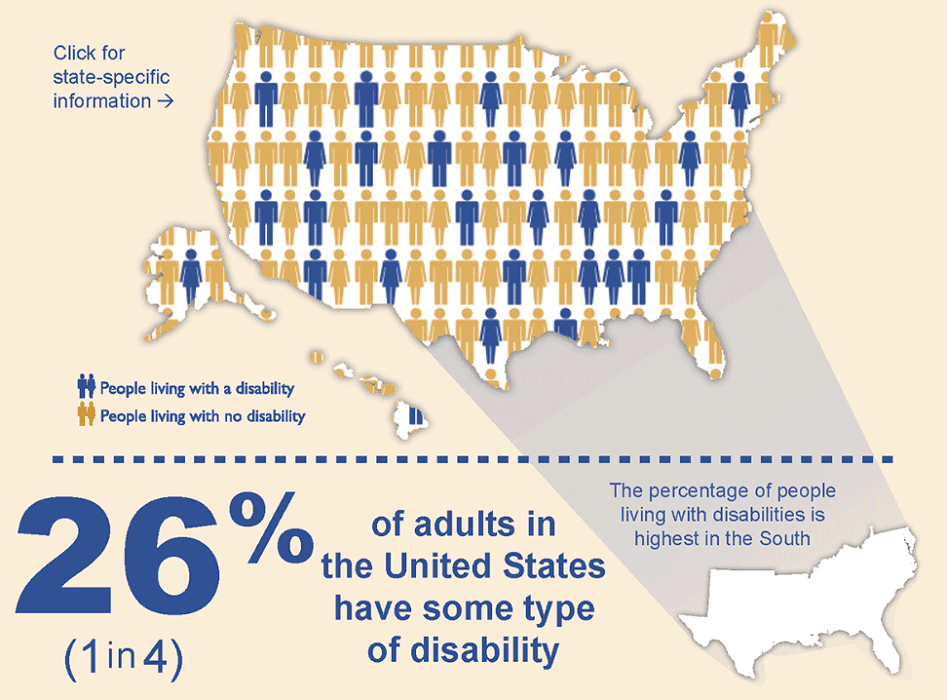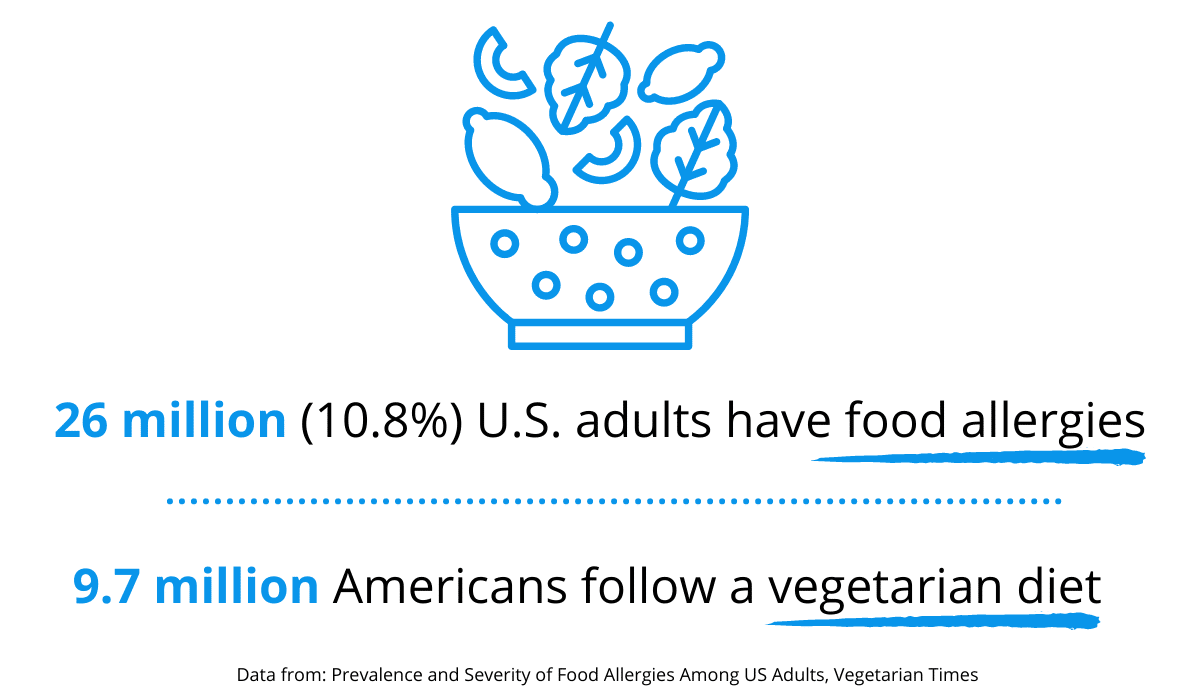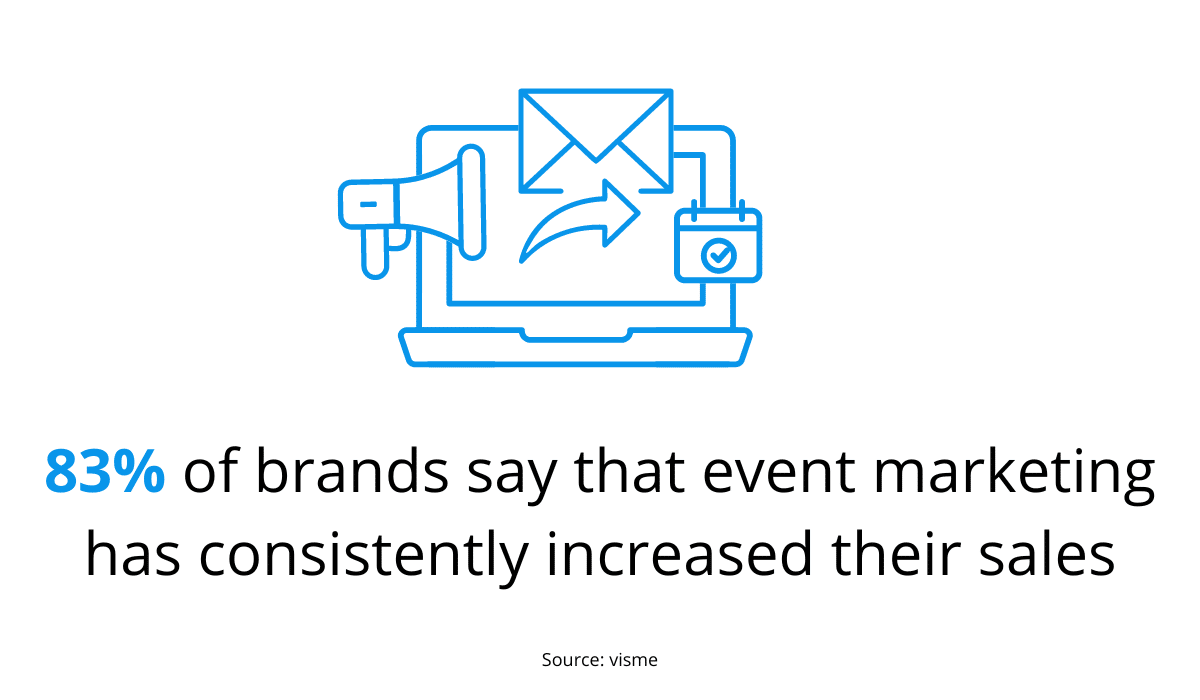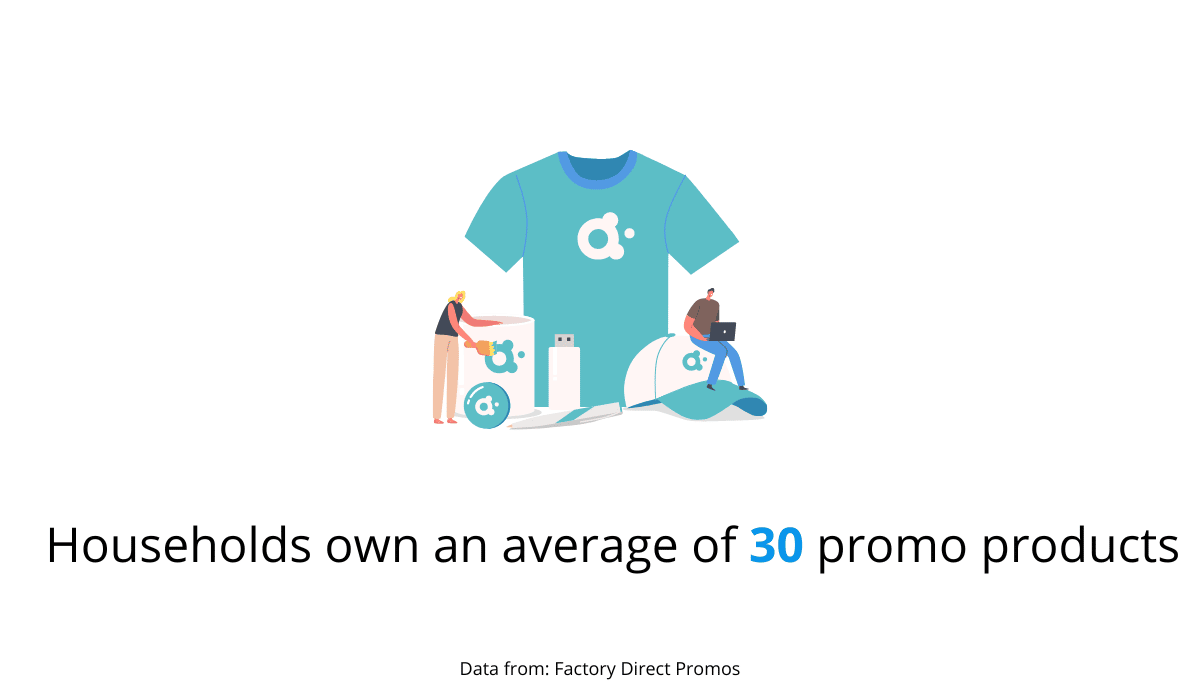There is certain information you need from attendees when they register for your event to get a complete picture and tailor the event to fit their needs.
However, attendees are increasingly wary of providing information to vendors online and don’t have the time to answer endless questions, so you must formulate your questions carefully.
We’ve compiled a list of 10 event registration questions to ask your attendees to ensure they get an enjoyable experience.
- 1. Basic Attendee Information: What Is Your Name and Address?
- 2. Who Is Your Emergency Contact?
- 3. Do You Want to Book Travel Accommodation?
- 4. Do You Have Any Accessibility Requirements?
- 5. Do You Have Any Dietary Restrictions?
- 6. Do You Have Session Preferences?
- 7. Which Social Media Platforms Do You Use?
- 8. What Are Your Swag Preferences for This Event?
- 9. Do You Consent to Our Data Privacy Statement?
- 10. Did You Read Our Liability Waivers?
- Conclusion
1. Basic Attendee Information: What Is Your Name and Address?
The basics are basics for a reason. You may not think twice about asking them, but it’s vital to remember why they’re so important.
The reasoning behind providing first and last names is clear: organizers need it to actually register someone under a particular name.
The address is there to distinguish between attendees who might share the same name.
In addition, it makes marketing easier for event organizers as it allows them to send certificates of attendance or reach out to attendees with offers for future events.
Additionally, the attendee’s name is featured on several things at events, such as badges or certificates of attendance.
Not having the attendees’ names means would prevent you from creating those, which would also raise security concerns.
Without a list of attendees, or if the attendees didn’t wear badges, anyone could come to an event, including potentially dangerous persons.
Naturally, all event organizers want their attendees to feel safe, so gathering basic information about the participants is a must.
2. Who Is Your Emergency Contact?
Unfortunately, accidents happen despite everyone’s best efforts, and having emergency contacts makes it much easier to handle the situation.
Many people travel to events from distant places, sometimes even crossing international borders.
If they get injured, it might be impossible to find out who to contact, especially if the person comes from a different county or even continent.
On the other hand, if the person has already provided the necessary information when registering, their emergency contact can be called right away, and they can give more details about the injured person’s medical history.
This is particularly important in the context of possible drug allergies as the medical team might not be able to attend to the person’s needs properly without knowing if there are any pre-existing conditions.
Organizers that make contingency plans instead of hoping for the best will command respect from attendees and make them feel more confident about their organizational skills, which is the first step in making one-time visitors into repeat attendees.
3. Do You Want to Book Travel Accommodation?
Another essential question for attendees from out of town is if they want to book accommodation.
Some people will want to make their own arrangements, but in most cases, they’ll appreciate the convenience of registering for the event and sorting out a place to stay in a few clicks.
Depending on your accommodation budget, you might need to pair people up, so they stay in double instead of single rooms.
The question can therefore refer to asking if they would be willing to do so and if they already have a potential roommate in mind (e.g., a travel companion or an acquaintance from their company’s branch in a different city).
Furthermore, if your event isn’t held at the same location where the attendees are staying, you must organize transportation to and from the venue.
To make the process more efficient and sustainable, you can have buses drive all attendees staying at the hotel to the event venue and pick them up after the event.
Similarly, it is a good idea to organize transportation for those attendees arriving by train or plane.
Doing so minimizes the chances of anyone being late or getting lost, so the attendees will appreciate your efforts, increasing the chances of the event being a success.
4. Do You Have Any Accessibility Requirements?
Every business should strive to be inclusive, and event organizers are actually required by law to make their venues accessible to people with disabilities.
The fact that 61 million adults live with a disability in the USA makes the matter even more pressing.

Source: CDC
There are many different ways to ensure that people with disabilities can participate in the event comfortably, such as:
- Wheelchair access
- The ability to bring an assistant or a service animal
- Sign language interpreter
- Closed-captioned videos
- Audio materials or materials written in Braille
Knowing what accessibility requirements the participants have will allow you to prepare the event so as to enable everyone to follow it or participate equally.
Bear in mind that some requirements will imply additional obligations as well.
For instance, if an attendee requires wheelchair access, the event must also have bathroom stalls that are wide enough to accommodate a wheelchair and a grab bar.
Furthermore, if an assistant or a service animal will accompany the participant, they should also be provided for, with a seat next to the attendee and the appropriate meals.
In the case of a service animal, you should also make sure that the venue is pet-friendly.
5. Do You Have Any Dietary Restrictions?
Seeing that 9.7 million Americans are vegetarians and an additional 26 million have food allergies, chances are that some of your attendees will have dietary restrictions.

Source: Regpack
So, this is another area where event organizers need to practice inclusivity.
Disregarding the many food restrictions your attendees might have will seem insensitive and can even lead to medical emergencies.
Some of the possible dietary restrictions the organizers may have to account for include:
- Food allergies
- Lactose intolerance
- Gluten intolerance
- Vegan, vegetarian, or pescatarian diets
- Halal- or Kosher-certified food
The registration form can have a drop-down menu with options to select, or you can provide a textbox in which registrants can write their preferences and restrictions.
Having a list will make it easier to plan meals ahead and help you avoid mishaps, but also prevent food waste because you know exactly how much food and what kind will be needed.
Make sure to share this information with the hotel the attendees are staying at.
Bear in mind that these restrictions refer to drinks as well.
For instance, if you have coffee breaks, a good idea is to offer lactose-free, Kosher, and plant-based milk options in addition to the classic dairy.
The participants will be grateful that you kept their needs in mind, and it only takes a few extra organizational steps on your part.
6. Do You Have Session Preferences?
Most events feature several speakers who talk about different topics. Naturally, not all attendees are interested in the same things, so they will want to attend different sessions.
Organizers might think they know what the most popular session will be, but they might be in for a surprise (and face costs that could have been avoided) if they book a venue that’s too big for an event that isn’t as popular as expected.
Even worse, an event the organizer thought would be minor might be so popular that there’s no room for everyone to sit, resulting in unhappy attendees and the speaker who is unable to deliver the presentation as they had intended.
That’s why it’s best to ask attendees which events they’re interested in.
It makes the logistics easier to handle, as it eliminates guesswork and provides concrete data for organizers to work with and make changes accordingly.
For instance, if it turns out that there is no interest in a particular session, you can cancel it.
On the other hand, if more people show interest in a speaker than the organizer had anticipated, they can be moved to a larger room to accommodate everyone interested.
7. Which Social Media Platforms Do You Use?
Not getting info on your attendees’ social media profiles would be a missed opportunity because social networks provide ample room for marketing.
According to visme, event marketing has consistently increased sales for 83% of brands, and social media is a significant component of event marketing.
Social media allows organizers to market their events at a fraction of the cost they would pay for traditional marketing.

Source: Regpack
As the attendees have already shown interest in your event, it’ll be easier to sell new services (your future events) or upsell existing ones (offering VIP tickets).
When attendees tell you what their preferred social media platform is, you know where to focus your efforts on.
So, if the majority of your attendees use Instagram, that’s where you need to focus your efforts. Similarly, if only one person uses Facebook, you’ll know there’s no point in advertising there.
Furthermore, the data you collected during event registration, in combination with information on attendees’ preferred social media platforms, can be used to customize your ads, maximizing their chances of really hitting it out of the park.
Finally, you can follow attendees on their preferred platform to add a human touch to your business.
Tagging them on photos will make attendees feel like a part of a community and make the event more memorable.
8. What Are Your Swag Preferences for This Event?
In addition to social media, your marketing efforts will probably include some type of promotional materials featuring your logo.
It’s a very effective way to make attendees remember your company, and people love receiving it, as according to Factory Direct Promos, households own an average of 30 promo products.

Source: Regpack
Even though people obviously like them, some products are more useful than others, so it’s best to ask your attendees what products they prefer.
This way, you won’t spend money on products that no one will use, and the attendees will remember your event fondly every time they use the product they really like.
The best approach here is to ask attendees what products they would like to receive.
That way, you increase the chances of the product actually being used instead of being forgotten in a drawer somewhere.
Having limited options instead of an open-ended textbox is a good idea because attendees won’t have unrealistic ideas, and they’ll know what to expect.
Some promo materials attendees can opt for include:
- Pens
- T-shirts
- Hats
- Mugs
- Tote bags
- USB drives
If you decide to go for wearables, make sure to ask for attendees’ clothing or shoe sizes.
That way, you’ll know exactly how many products to order, so there’s no chance of there not being enough for everyone.
9. Do You Consent to Our Data Privacy Statement?
Attendees provide a lot of personal data when they register for an event, not the least of which is their credit card information, so it’s understandable that they have concerns about privacy.
The best way to make them less anxious about it is to include your Privacy Policy and Terms and Conditions (T&C) on the registration form.
The privacy policy should explain how you collect, process, and store customer data in a direct way that’s easy to understand.
It should clearly state what type of data you collect and who will have access to it, as well as inform attendees what steps are taken to protect the security of their information.
Similarly, the T&C explains the relationship between the organizer and attendees and their rights and obligations in case of a dispute.
It’s essential that attendees read, understand, and agree to both documents because they explain their rights and obligations and provide guidance if they have questions.
Given the importance of these documents, it’s only natural that you inform attendees immediately of any new changes that will affect them directly.
10. Did You Read Our Liability Waivers?
Similar to the documents mentioned in the previous section, liability waivers protect your event and your company by explaining that your company cannot be held liable for circumstances beyond your control.
This is particularly important for events held outdoors that can result in injuries, such as sporting events.
You can’t possibly be expected to control all circumstances that could lead to someone getting injured, so attendees must sign a document saying that they understand the risks involved and that they agree to attend the event anyway.
Including the waiver in the registration form is much better than having registrants sign documents on-site.
In addition to being quicker and easier, it helps you prepare. If someone doesn’t agree to the liability waiver at the registration stage, you’ll know not to count on them for the event.
If they had to do it on-site, it could wreak organizational havoc.
Furthermore, the event day will be stressful enough without worrying about whether everyone signed a waiver.
Therefore, doing it when attendees register is a great way to take something off your plate.
Conclusion
Attendees don’t want to spend hours typing in answers when registering for an event.
Therefore, the questions need to be carefully selected to maximize your ability to create an event that’s tailored to their needs.
The questions must be informative and have a clear purpose, so the attendees don’t feel like their privacy is being invaded.
If you use our guide for asking the right questions, your event will be a raging success, and attendees will remember it for years to come.


















